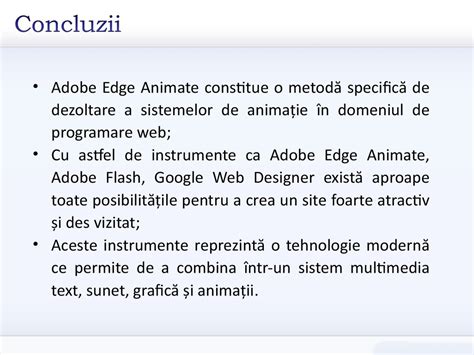În lumea diversificată a limbajelor de programare, convențiile de apelare reprezintă un aspect fundamental care influențează atât performanța cât și interoperabilitatea aplicațiilor. Analyzing the intricate landscape of calling conventions in programming languages like Rust and Swift unveils a complex framework of challenges and engineering trade-offs. Rust, known for its system-level efficiency and memory safety guarantees, lacks a distinctive calling convention that could streamline Rust-level semantics across different platforms and scenarios. Unlike Swift, which has benefitted from Apple’s robust backing to establish a dynamic linking mechanism crucial for its viability as a systems language, Rust struggles without similar corporate sponsorship.
La nivel practic, diferitele convenții de apelare pot influența semnificativ designul API-urilor și performanța runtime a software-ului. User comments from developers suggest mixed feelings about the current state of calling conventions in Rust. Some users express disappointment over Rust’s lag in adopting advanced features like those seen in Swift, which offers interoperation capabilities through ABI (Application Binary Interface) stability, enhancing its dynamic linking process. This feature allows Swift to serve better in a system language role, facilitating easier and more reliable applications development.
While Swift’s approach offers certain advantages, it is not without its costs. Implementing a stable ABI within Swift has introduced runtime costs that are non-existent in monolithic binary builds typical to Rust. When Swift code calls into a dynamically linked library, the ABI requires checks for types and sizes, potentially degrading performance. However, for internal calls within Swift libraries, many of these costs can be eliminated, as size and type are predetermined, allowing for inline expansions and optimizations. This nuanced handling of internal versus external function calls underscores the mixed implications of Swift’s ABI stability, a feature Rust developers might consider emulating, despite the complexities involved.
The debate extends to interoperability between various programming languages, a challenge conspicuously highlighted in discussions about integrating Rust with other languages like Go. A user mentioned the use of `extern “C”` in Rust to facilitate calling Rust functions from Go, similar to interfacing with C. However, concerns about managing memory safely across language boundaries—where Rust’s manual memory management meets Go’s garbage collector—pose significant hurdles. This cross-language interaction illustrates deeper issues with managed and unmanaged memory systems, and elucidates why mixing these might not always be straightforward or advisable.
From an engineering perspective, each addition of a calling convention or interoperability capability in Rust would require careful consideration of runtime overheads, memory management, and potential impacts on the language’s performance guarantees. Developers propose various alternative ways to handle these interactions more efficiently, such as through direct bindings or improved support for low-level function interposability. However, the absence of a unified approach leaves the landscape fragmented and often complicates the development process for applications that rely on multi-language support.
Despite these hurdles, there is an ongoing discussion within the Rust community about evolving the language’s capabilities to include more sophisticated calling conventions, potentially inspired by Swift’s model. Proposals for enhancing Rust’s conventions are under consideration, with community members actively discussing the trade-offs involved in different approaches. Such enhancements could lead to more robust support for dynamic functionalities while maintaining Rust’s stringent safety and performance standards.
This conversation around calling conventions and interoperability in programming languages like Rust and Swift is more than a technical quibble; it reflects broader themes in software development such as safety, efficiency, and flexibility. As languages evolve, the interplay between these factors becomes a critical part of the development ecosystem, influencing not just the languages themselves but the vast networks of applications and services built upon them.
Navigating these multifaceted challenges requires a balanced approach, weighing the immediate benefits of a feature against potential long-term implications for the language and its ecosystem. For Rust, the path forward might involve borrowing conceptual elements from Swift while innovating unique solutions tailored to its design philosophy and community needs, all aimed at enhancing the language’s utility and reach in the ever-expanding domain of software development.


Leave a Reply